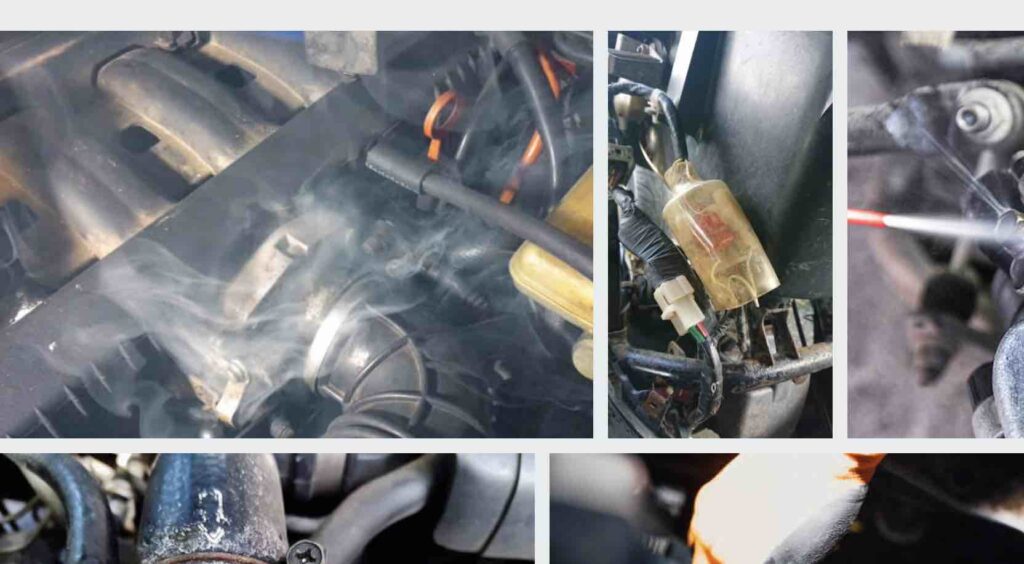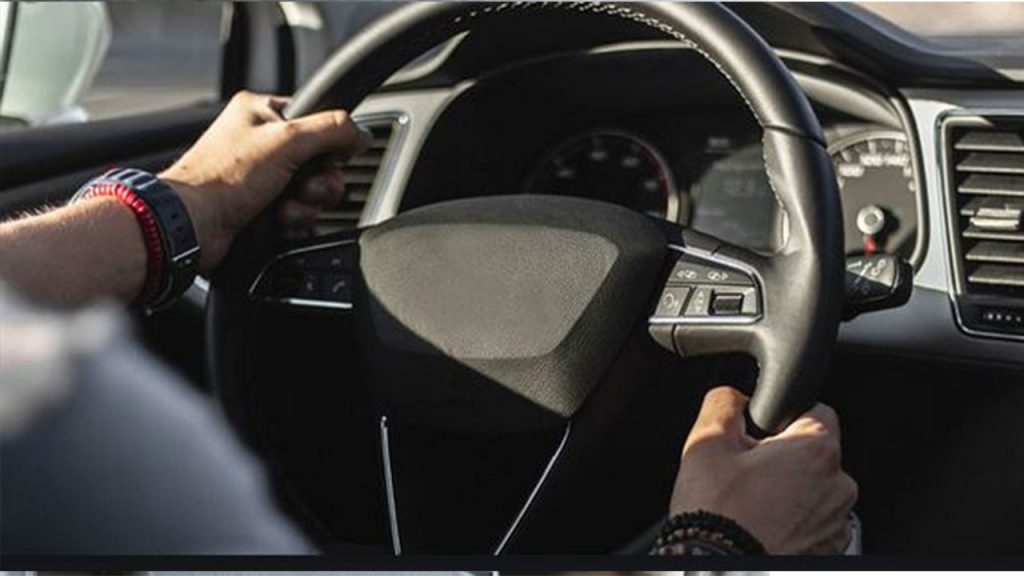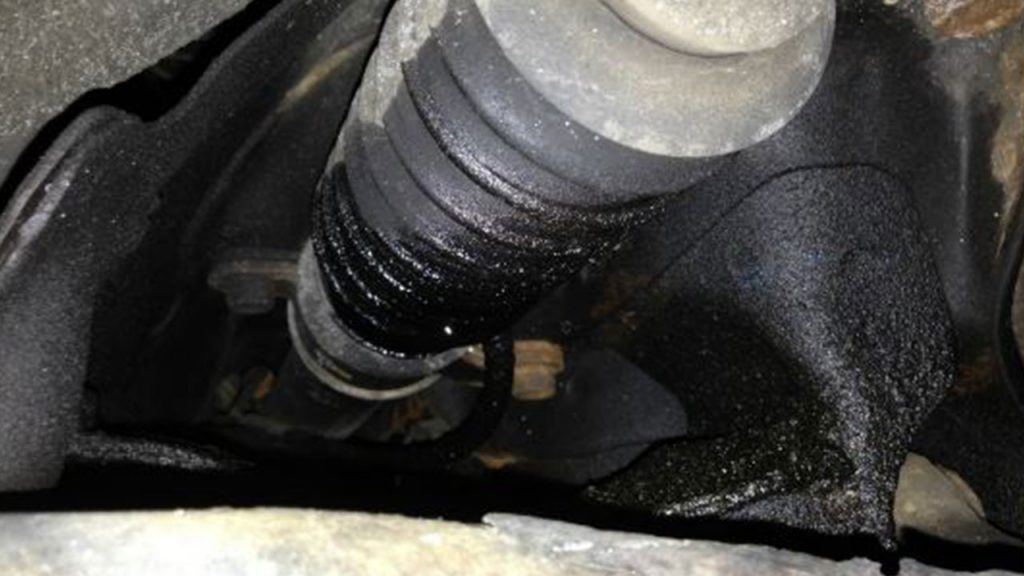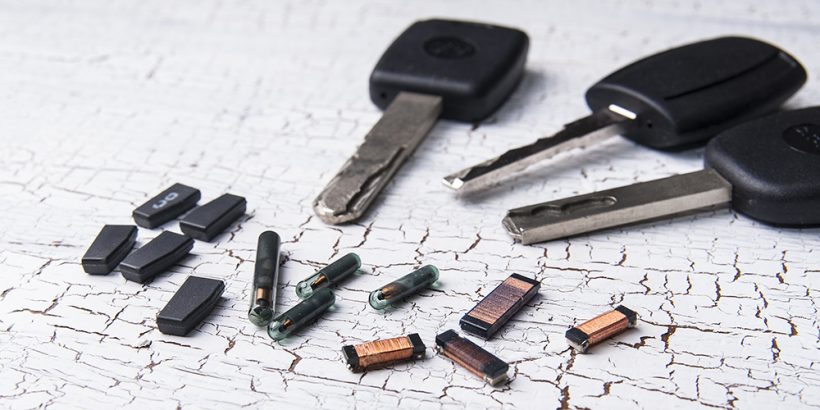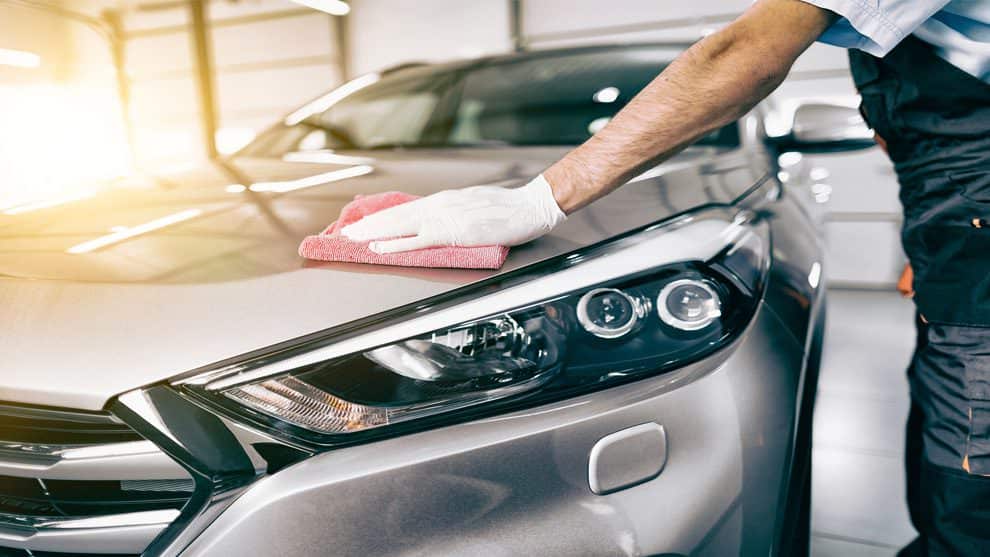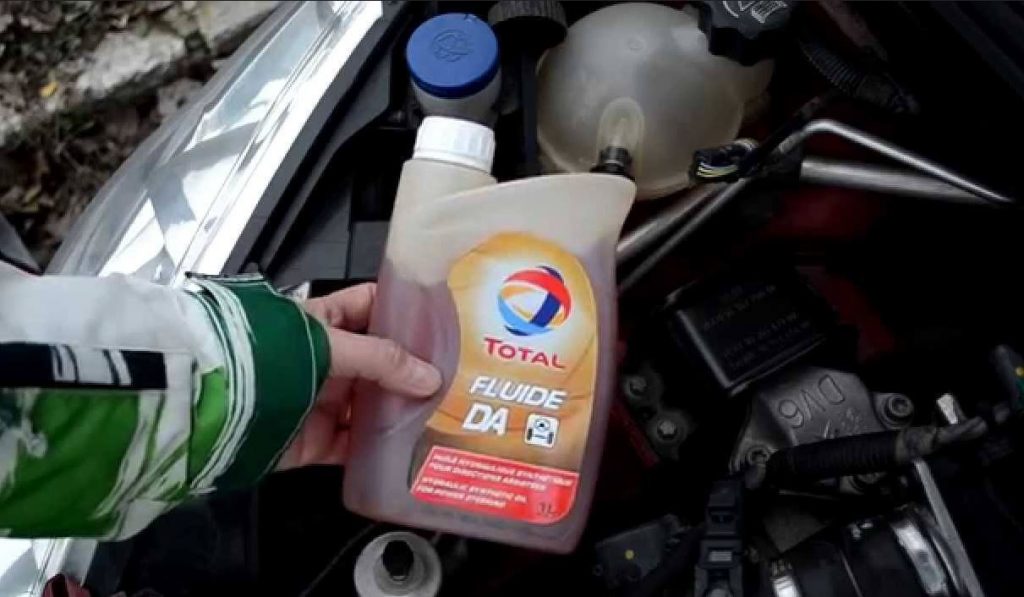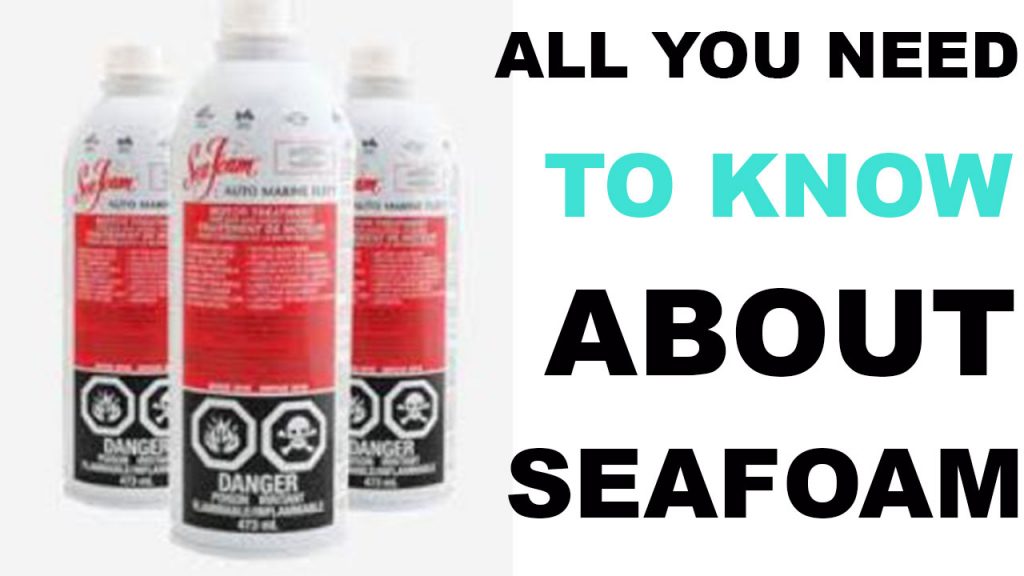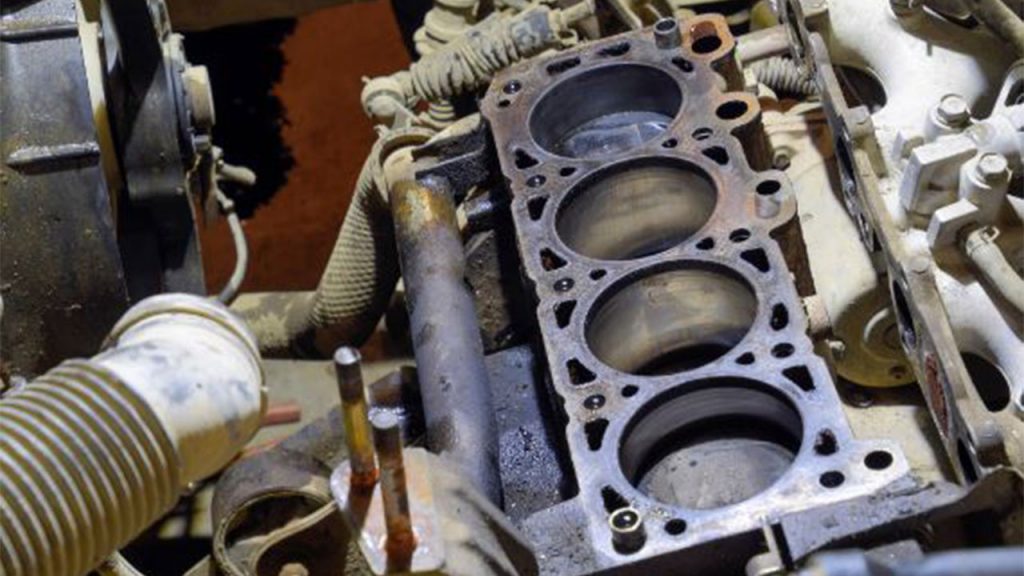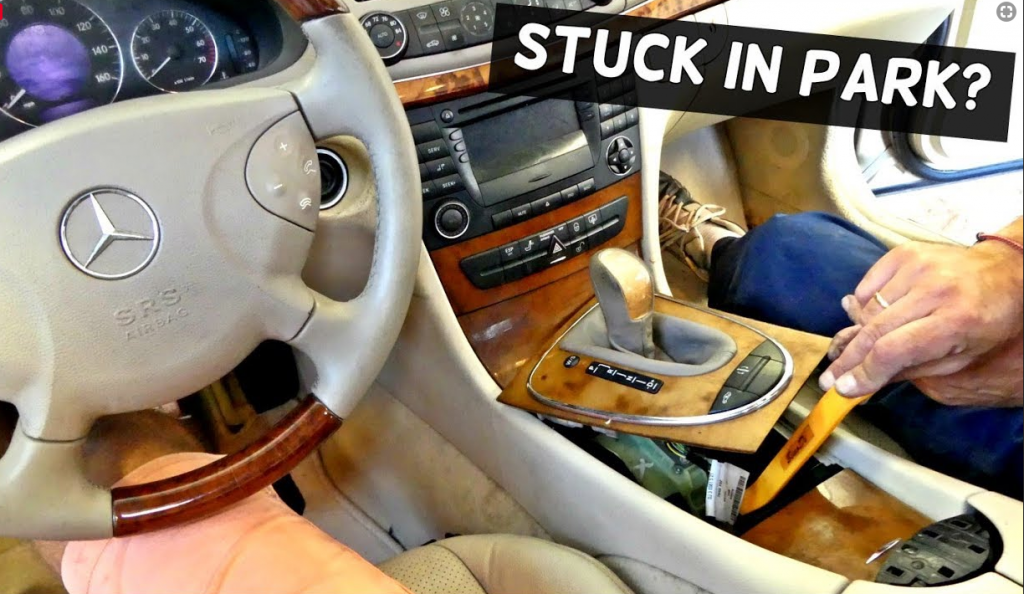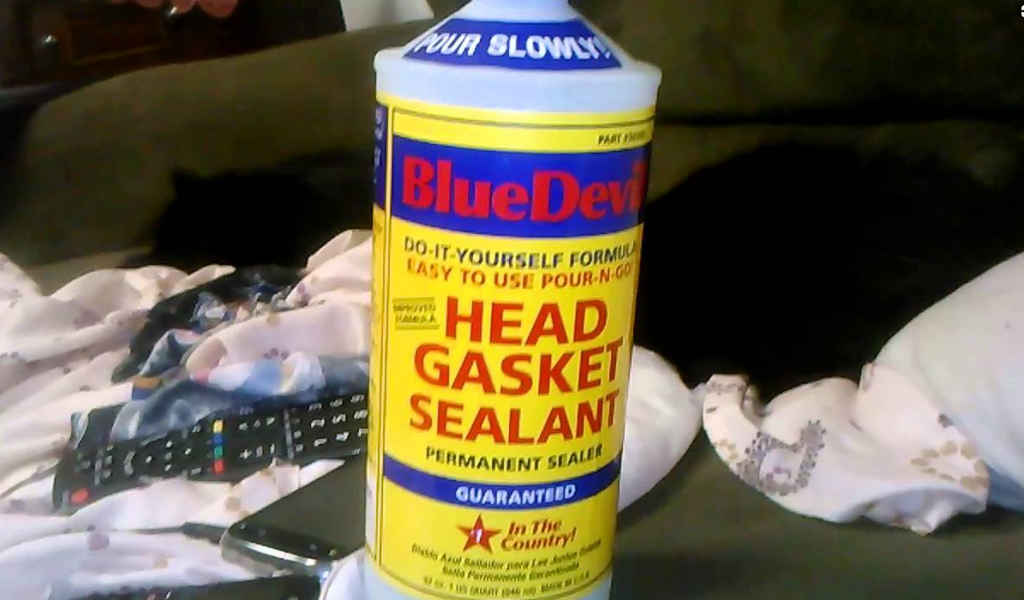Last updated on July 16th, 2023 at 10:32 am
What Happens When a car Overheats and Shuts Off ? Engines can overheat for a variety of reasons. The cooling system, in general, is broken, and heat cannot escape the engine compartment.
The problem could be caused by a leaking cooling system, a faulty radiator fan, a broken water pump, or a clogged coolant pipe. Regardless of the cause, an overheating engine isn’t something you want to ignore. Unfortunately, significant, if not permanent, damage to your engine is possible.
Keynote
Your engine will alert you if it overheats. It’s usually done by turning on a warning light or message in the instrument cluster, possibly accompanied by a loud chime. The coolant temperature gauge, if installed, will be pointing towards the red ‘danger zone’ at the top, maybe with a red light blinking.
What happens when a car overheats and shuts off?
When your engine overheats, you’ll be notified. Typically, a warning light or message is illuminated in the instrument cluster, potentially accompanied by an attention-getting sound.
You may see steam pouring from your motor if it is overheating. Alternatively, your engine temperature gauge may begin to move dangerously close to the “red zone.”
Keynote
If there is too much coolant leakage, the computer will detect it using the coolant temperature and coolant level sensors and turn off the engine to prevent harm. If the engine stalls and overheats, the head gasket may have been burned, or the thermostat may have been trapped.
An irregular engine operating temperature is caused by more than just a faulty thermostat. Low coolant levels, a malfunctioning water pump, and a worn-out or loose water pump belt are all possible causes.
What happens if your vehicle overheats yet you continue to drive?
Whenever your car engine overheats, the best thing you can do is pull over to a safe location and wait for assistance. If you’re convinced that you can solve the problem yourself, you can also wait for your engine to cool down.
Never drive an overheated automobile again since it could harm your engine and cost you more money in the long run. Don’t travel more than a quarter-mile if your car overheats.
To avoid further damage to the engine, have it hauled. If you don’t have access to an experienced mechanic or a tow truck, take these simple instructions:
What can you do after your car overheats and shuts off?
If there is too much coolant leakage, the computer will detect it using the radiator temperature and coolant level monitors and turn off the engine to prevent damage to the engine.
- Follow the steps below to get your car running:
- Your warning lights should be turned on.
- Placing your caution triangle behind your car is a good idea.
- Lift the hood of the vehicle.
- If at all possible, keep a safe distance from the vehicle.
- Give time for the engine to cool.
- Disconnect the coolant cap and add more coolant to the system.
- Launch the automobile and drive to a safe place.
- Check the cooling system for leakage.
Inspect for coolant leakage and top off the coolant once the leak has been found and corrected. Then inspect the state of the engine to see whether it freezes out after that.
If the engine stalls and overheats, the head gasket may be burned, or the thermostat may be blocked. If your engine continues to overheat, seek the services of an expert, such as one from Your Mechanic.
How to start the car after overheating
Your car will still need to be inspected once the leak is repaired to ensure no more reasons for overheating except the leak you encountered.
Follow these steps:
- Turn up the heat instead of the air conditioning.
- Pull over to a safe location.
- Coolant should be checked and added.
- Startup the car.
In any case, in addition to correcting the leak, be sure that the CAUSE of the overheating is wholly recognized and addressed.
Although overheating might damage the thermostat, you may need to replace it as well. Whereas if the thermostat is broken and left in place, it might lead to further cooling system issues.
How long can a car overheat before damage?
If your car overheats, don’t travel more than a quarter-mile. Then, to avoid further damage to the engine, have it taken away.
The worst-case situation is a blown head gasket, which is not only damaging to your vehicle but also one of the most expensive repairs you’ll ever have. When the head gasket cracks, cooling fluid spills into the engine oil.
Why is my car overheating even when it has coolant in it?
The heat created by a vehicle’s motor is much beyond the standard working temperature, and today’s engines are typically engineered to be durable. As a result, the equipment designed to cool this thermal transfer may deteriorate.
Maybe not the engine, but also the gaskets, hoses, including seals that maintain the machine going, irrevocably perhaps damaged due to this.
Considering a variety of causes, a vehicle’s engine might overheat. Specific problems, such as replenishing your antifreeze, may be more transient if not appropriately addressed by a specialist. Others, if not dealt with properly, may be more permanent.
Engine overheating light
It is a temperature warning light that indicates that your engine is overheated. This should never happen if your car’s cooling system is functioning correctly. However, a cooling system malfunction or a lack of coolant can cause the engine to overheat, resulting in engine damage.
This light indicates that your engine is overheating due to a coolant shortage. If this light illuminates, pull over and turn off your vehicle right away. A machine that has been overheated might cause severe damage.
To avoid burns from steam accumulation inside the radiator, let your automobile cool down 30–60 minutes before monitoring your coolant level. Then, look under your car for any leaks while you’re waiting for the engine to cool down.
How many times can an engine overheat
An explosion occurs more than 15 times per second in each cylinder of a 4-cylinder engine running at 2,000 rpm (revolutions per minute of the crankshaft), generating a lot of heat.
Antifreeze/coolant circulates via channels in the engine block and heads to transfer heat from the engine. Coolant is sent from the engine to the radiator via a hose.
Keynote
Your coolant’s heat is then transferred to the air going through the radiator at that point. The coolant returns to the engine in an eternal cycle, now at a lower temperature.
Overheating can result whenever a coolant channel in the engine block or head becomes clogged or leaks. However, it’s more likely to happen due to a problem with the cooling system.
What happens when a car overheats
The cylinder heads will distort if you continue to drive after your automobile has overheated. Once this occurs, a ruptured head gasket might result, necessitating a time-consuming and costly replacement.
Overheating can also causes problems with the combustion process since deformed heads perform poorly. Reduced engine power, misfiring, oil leaks, and excessive oil burning are symptoms that your cylinder heads are bent.
The metal can twist, swell, expand, and crack when an engine overheats. A deformed cylinder head may split from the engine compartment, allowing the gasket to leak.
Your engine will begin to burn oil and coolant if the head gasket is leaking. Excess heat can cause the engine block to warp, like the cylinder head. The engine block might crack as superheated portions expand and shrink.
How long can a car overheat before damage
Interestingly, engine overheating is another one of those issues that can severely harm a vehicle’s engine in a short period.
In reality, automotive engineers observed that running your engine for more than 30 to 60 seconds results in substantial engine overheating repercussions.
As a result, if your vehicle’s engine overheats, you must pull over as quickly as possible and turn off the engine to avoid disastrous consequences that might cost you a lot of money down the line Next read Here on Signs of damaged engine due overheating.

